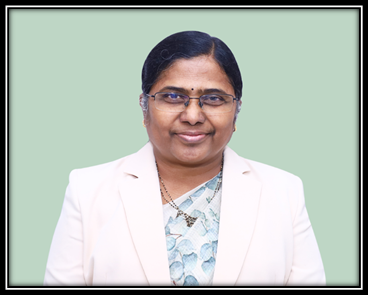India has formally nominated M. Revathi, Joint Wireless Advisor at the Department of Telecommunications, as its candidate for the position of Director at the Radiocommunication Bureau of the International Telecommunication Union. This marks India’s most significant bid in decades to play a pivotal role in global radio spectrum governance.
The International Telecommunication Union, a specialized agency of the United Nations based in Geneva, oversees global communication systems to ensure seamless interoperability, security, and fairness in telecommunication networks. The Radiocommunication Bureau plays a critical role in regulating international radio frequencies and satellite orbit allocations, influencing key technologies such as 5G, 6G, space broadband, and disaster response mechanisms. If elected, Revathi would be responsible for shaping next-generation radiocommunication standards and ensuring equitable access to spectrum resources.
India’s nomination reflects its commitment to inclusive digital growth, aligning with the philosophy of Vasudhaiva Kutumbakam. Revathi’s candidacy carries significant historic implications, as she would be the first woman and the first representative from ITU Regions E and D—Asia/Australasia and Africa—to assume this leadership position, representing over half the world’s population.
With nearly three decades of experience in spectrum and satellite orbit management, Revathi has been instrumental in introducing pioneering regulatory innovations. Her tenure on the ITU’s Radio Regulations Board has reinforced India’s global advocacy for equitable spectrum use.
India’s growing leadership in global telecommunications governance was evident in its successful hosting of the World Telecommunication Standardization Assembly in October 2024 in New Delhi, which welcomed 3,700 delegates from more than 150 countries. The adoption of eight landmark resolutions at the assembly further highlighted India’s expanding role in shaping the digital future.
The ITU, the oldest specialized agency of the United Nations, has been coordinating global telecommunications since the era of the telegraph in 1865. The organization, consisting of 194 member states and over 1,000 associated companies, universities, and international bodies, operates across three key sectors: standardization (ITU-T), development (ITU-D), and radiocommunication (ITU-R). The Radiocommunication Bureau plays an essential function in managing radio spectrum allocations, ensuring that telecommunications infrastructure, including mobile networks, aviation systems, space missions, and GPS, function without interference.
India’s nomination reaffirms its commitment to influencing global digital policies and advancing equitable spectrum access, reinforcing its position as a key player in shaping the future of radiocommunication technologies.






